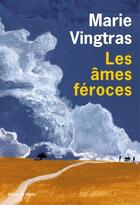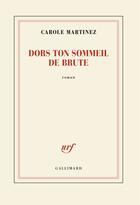-
Date de parution : 23/04/2012
-
Editeur :
Fao
-
EAN : 9789251069035
-
Série :
(-)
-
Support :
Papier
Résumé:
Fuelled by the turbulence of world agricultural markets, the debate on relations among agriculture, food security, natural resources, population growth and economic development has been revamped over the last few years.
How are growth prospects and the expected evolution of per capita... Voir plus
Fuelled by the turbulence of world agricultural markets, the debate on relations among agriculture, food security, natural resources, population growth and economic development has been revamped over the last few years.
How are growth prospects and the expected evolution of per capita income in the long term going to affect the agricultural and food economy? Are the natural resources available, such as land and water, sufficient to feed a growing population? What role can economic incentives and technical change play in shaping resource use and supply? What are the priority areas where investment and research should be directed? How may the use of agricultural products in biofuel production affect markets? And how can climate change affect production possibilities and markets? Around these questions, in 2009, FAO's Economic and Social Development Department organized a Forum and a High-Level Expert Meeting on How to Feed The World in 2050. This volume follows up on that initiative, by gathering updated versions of technical materials prepared for the occasion, along with further work. the book seeks to sustain the debate on the future of the global agricultural and food economy. Its contents were designed to interest both a technical audience and a wider range of professionals working around the world in areas related to agriculture, in both public and private institutions.
Donner votre avis














